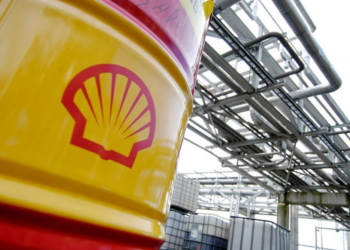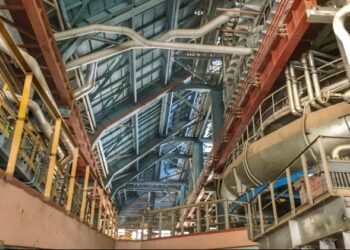In a bid to boost Nigeria’s $1.9 million Energy Transition Plan and adopt more natural gas to reduce emissions, the Federal Government has finalized a report on the adoption of Compressed Natural Gas (CNG) based Transportation System in Nigeria’s urban cities.
The report was received by the Minister of State for Transportation, Prince Ademola A. Adegoroye on Tuesday in Abuja.
It was also supported by the World Bank to highlight measures Nigeria can take in entering the system.
Recommended Reading: 5 factors to drive Nigeria Energy’s plan in 2023
What they are saying
The Minister of State for Transportation, Prince Ademola A. Adegoroye, received the report on “Implementation-Ready Report on National Strategy Development for the Adoption of Compressed Natural Gas (CNG) based Transportation System in Nigeria’s Urban Cities”
The Minister received the report stating that “Green House gas emissions poses health and dire environment consequences and Nigeria cannot afford to lag behind considering that she is a signatory to Green House Emission Policy aimed at reducing carbon emissions in the country”.
He acknowledged that the report would be given prompt attention, citing sponsorship from the World Bank, and the Ministry of Environment highlighting strategic steps to take in the adoption of CNG vehicles in the transportation sector.
What you should know
- Nairametrics reported last month that Mele Kyari, the CEO of Nigerian National Petroleum Company Limited has stated that the company plans to triple Nigeria’s natural gas reserves from over 200 trillion cubic feet to 600 trillion cubic feet.
- Kyari stated this at the launch of Nigeria’s Energy Transition Plan where he said the plan aims to see Nigeria reach its net zero targets by 2060 by investing in low carbon emission opportunities including natural gas, and also take 100 million Nigerians out of poverty in a decade.
- Nigeria’s Finance Minister, Zainab Ahmed revealed that Nigeria’s Energy Transition plan requires spending $1.9 trillion, up to 2060, including $410 billion above Business as usual.


















